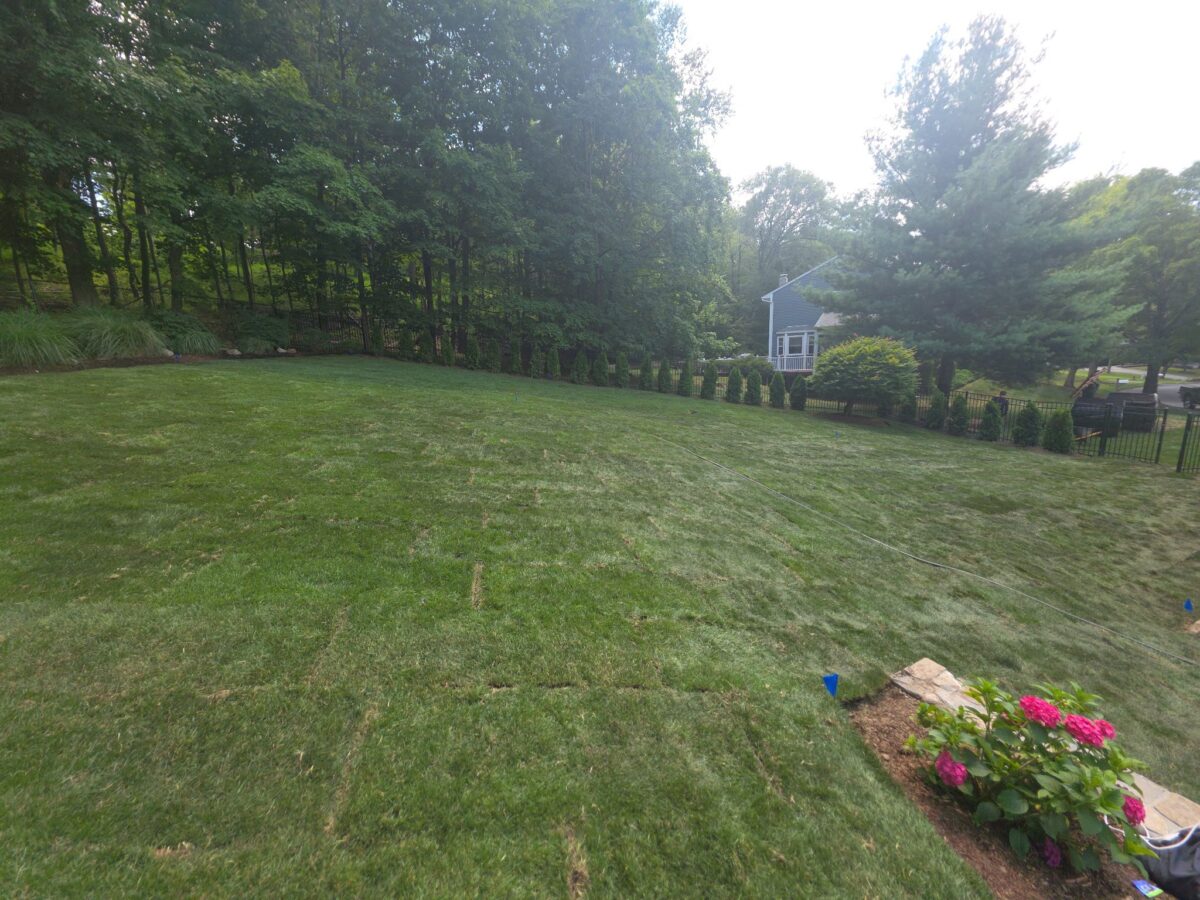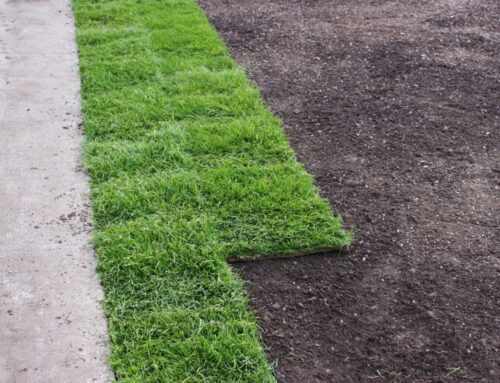Choosing the correct type of grass can make the difference between a lawn that thrives and one that struggles year after year. New Jersey’s mix of soil types, temperatures, and weather patterns means not every grass variety performs the same across the state. Whether your property is situated in sunny South Jersey or a shaded North Jersey neighborhood, selecting the right grass for your New Jersey lawn is crucial to its long-term health, color, and durability.
At New Jersey Sod Company, we help homeowners select sod that’s perfectly suited to local soil and climate conditions, ensuring your investment grows strong and stays green through every season. New Jersey Sod Co. offers residential and commercial sod delivery, installation, and lawn restoration services throughout the state, featuring locally grown sod varieties that thrive in regional conditions.
Understanding Your Lawn’s Environment
Every property has its own set of conditions that influence how grass grows. The amount of sunlight, soil composition, and drainage all play a role in how well sod establishes and holds up over time.
In open areas with full sun, warm-season grasses often perform best. For properties surrounded by trees or shaded areas, cool-season varieties are a better match. Our residential sod services in New Jersey include on-site evaluations to identify which sod variety aligns best with your lawn’s conditions.
Homeowners should also consider how their lawns are used. Families with children, pets, or those who engage in frequent outdoor activities should look for a durable sod that can recover quickly from wear. Decorative or low-traffic lawns can benefit from fine-textured grasses that emphasize color and uniformity. Many homeowners pair sod selection with fall sod installation in New Jersey to take advantage of mild weather and quick root establishment before winter.
Soil Types Across New Jersey
New Jersey’s geography gives rise to several distinct soil zones. Sandy soils are typical along the coast, while heavier clay soils dominate in the northern and central regions. Each type affects how water drains and how nutrients are retained.
Sandy soil drains quickly and requires sod that develops deep, drought-resistant roots. Clay soil retains more water, which can lead to compacting and drainage issues if not handled properly. Before installation, our sod installation experts often add organic material or topsoil to improve the structure and promote better root development.
Proper soil preparation for sod installation in New Jersey is one of the most crucial steps in achieving consistent growth and preventing drainage issues. A simple soil test can also reveal pH balance and nutrient needs. Based on those results, our team recommends the most compatible grass varieties for your region and property type.
Sunlight and Shade Considerations
Sunlight exposure directly affects sod health and color. Full-sun lawns have many options, but shaded yards require varieties that can thrive with fewer daylight hours. If your property receives fewer than four hours of direct sunlight each day, traditional sun-loving grasses may thin out over time.
Cool-season grasses, known for shade tolerance, grow well in New Jersey neighborhoods with mature trees or taller structures. They maintain vibrant color through most of the year and recover quickly in spring. The guide to choosing the right grass for your New Jersey lawn highlights which grass types perform best in each light condition. For instance, tall fescue blends are a popular choice in shaded or transitional areas across New Jersey because they combine shade tolerance with durability.
Durability and Maintenance Levels
No two lawns are used the same way, and maintenance preferences matter when choosing grass. Active families benefit from sod varieties that recover quickly from wear, while homeowners seeking low-maintenance options can select slower-growing grasses that need less mowing and fertilizer.
Our sod delivery and installation process provides locally grown sod that’s strong enough to handle New Jersey’s variable climate, from hot summers to freezing winters, without losing density or color. Many homeowners in Jersey today seek drought-tolerant sod for their lawns, which reduces watering needs during the summer and helps conserve water.
Matching Grass Types to Your Region
Different parts of New Jersey experience different temperature ranges and precipitation levels. South Jersey tends to have milder winters and longer growing seasons, while North Jersey experiences colder temperatures and shorter summers.
Homeowners in coastal areas may prefer grasses that can tolerate heat and humidity, while those in inland or northern regions can benefit from cool-season varieties that withstand frost. The New Jersey sod availability page lists current sod varieties in stock each season, making it easy to choose based on local growing conditions. All of our sod is locally grown in New Jersey, ensuring better adaptation to the state’s unique mix of soils and weather patterns.
Building a Lawn That Lasts
Selecting the right grass for your New Jersey lawn is about more than looks; it’s about creating a landscape that lasts for years. The correct sod type saves time, reduces maintenance, and enhances your home’s overall appearance.
At New Jersey Sod Co., we bring decades of local experience to every project. Our sod is grown right here in the state and chosen for its resilience and adaptability. Whether you need expert advice or full sod delivery and installation in New Jersey, our team will help you choose, install, and care for a lawn that stays green and healthy through every season. We proudly serve homeowners across the region, from Bergen County to Ocean County, providing high-quality sod and expert installation you can trust.


